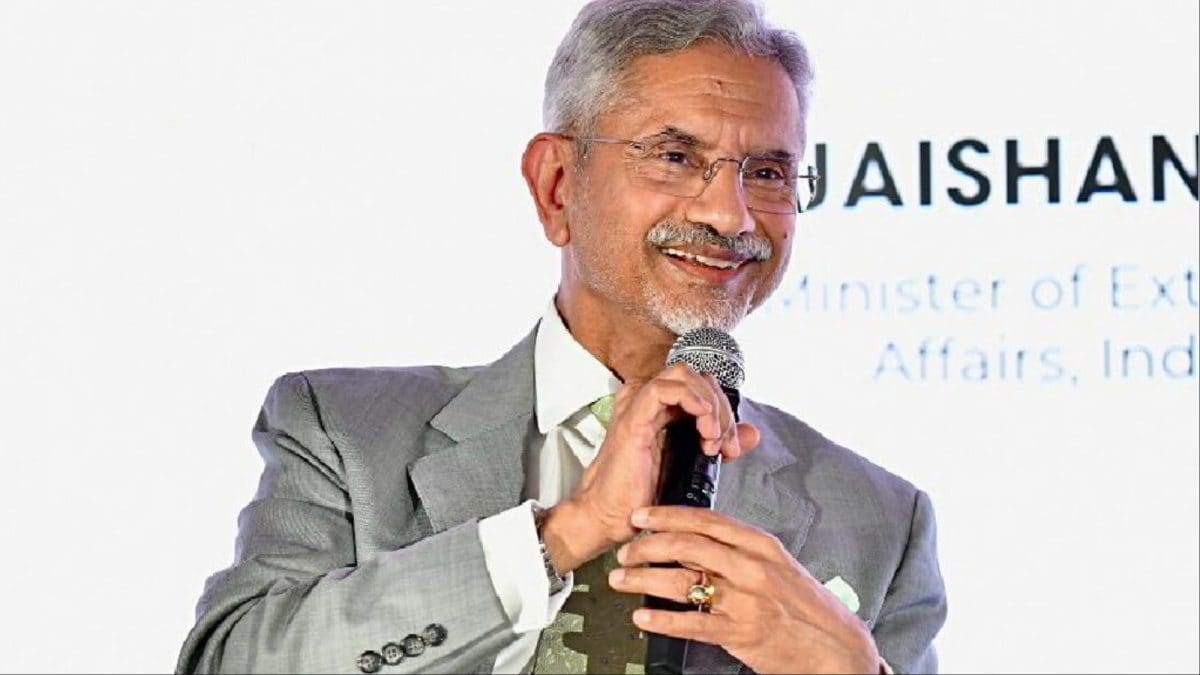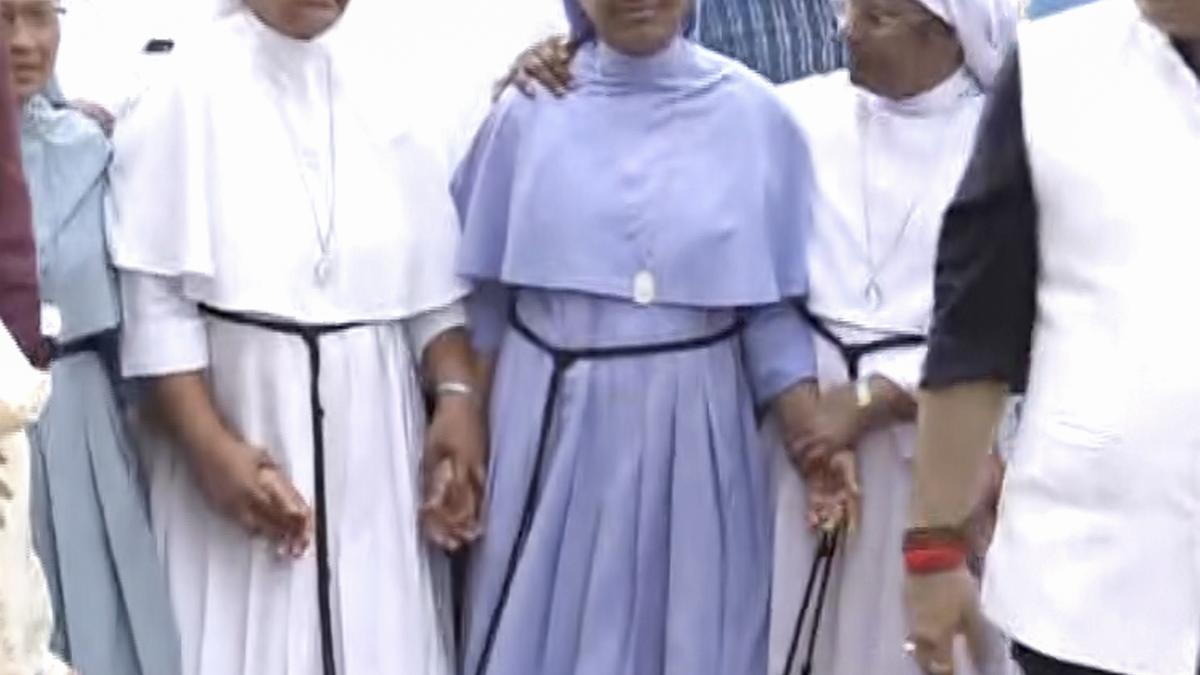ARTICLE AD BOX
The Supreme Court bench hearing the Presidential reference asked the government Wednesday whether an elected government can be placed at “the whims and fancies of the Governor” by vesting him/her with the power to withhold a Bill forever.
“But then would we not be giving total powers to the Governor to sit in appeals?… The government elected by majority will be at the whims and fancies of the Governor,” Chief Justice of India B R Gavai asked Solicitor General Tushar Mehta who appeared for the Centre.
The bench said that to interpret that the Bill “dies” the first time the Governor withholds it “would be counterproductive to the power of the Governor and counterproductive to the legislative process”.
The five-judge Constitution bench is hearing President Droupadi Murmu’s reference on timelines fixed by a two-judge bench for the President and Governors to act on Bills sent by state legislatures.
Delving into the contours of the Governor’s discretionary powers under Article 200 of the Constitution, Mehta told the bench: “It is not an asylum for retired politicians but has its own sanctity which was debated in the Constituent Assembly.”
He said the Governor, though unelected, represents the President and is not just a “postman” to mechanically approve Bills. “A person who is not directly elected is not a lesser person,” he said.
Addressing the bench which included Justices Surya Kant, Vikram Nath, P S Narasimha and A S Chandurkar, Mehta said the Governor has the option to grant assent to a Bill referred by the state legislature, withhold assent, refer it to the President in case of repugnancy with any Central law or return it to the state legislature for reconsideration.
Story continues below this ad
He said withholding is not a temporary act, and that 5-judge and 7-judge benches of the Supreme Court have interpreted it to mean that the Bill “falls through”.
Illustrating this, he said, “Suppose a border state passes a Bill dealing with our external affairs, that we will permit a particular country’s people to enter or not, then he cannot assent, he cannot refer it to President because it’s not a repugnancy issue, and he cannot resend it to the House because if it is again passed, he cannot say no to it. So he will have to withhold.” He said the power “has to be used rarely, sparingly, but that is the way the situation is”.
The CJI then asked, “If he doesn’t exercise the option of resending the Bill for reconsideration, he can withhold it for time immemorial?”
“It dies,” Mehta said, reiterating that “it (the power) is to be used rarely but power is conferred.” He said, “The very language in which Article 200 is couched, it gives him options.”
Story continues below this ad
He said “neither textually nor contextually, it is possible to conclude that the term withhold will have to be read as a temporary suspension of powers of granting assent till first proviso works out. There is no concept of temporary withholding of any Bill. If the framers of the Constitution wanted to link the term withhold in the main part of Article 200 to read only in the context of first proviso, two things would have been provided: (a) term withhold in the main part would have been qualified with the term subject to first proviso mentioned therein, (b) the first proviso would have mentioned that the Bill so withheld shall be reconsidered by the House, which is not there.”
Justice Narasimha said the options must remain open-ended so that the political process has the chance to resolve the deadlock over a Bill.
“The way the political process occurs is not adjudicatory. Even assuming the Governor says I withhold, the political process can knock his doors and he can still open it and say, I will send it back to you, you consider and send it back. But to say… the first time he says, I withhold, the matter comes to an end… It can’t be like that. It is counterproductive to the power of the Governor and counterproductive to the legislative process also. It has to be in a situation where it is open-ended,” he said.
He was quick to add that the court understood that the Solicitor General was referring to Bills on subjects in the Union List.
Story continues below this ad
On the debate over the discretionary powers of the Governor, Justice Narasimha said, “At that time we did not have impact assessment of a statute … Now, you see the amount of litigation it has thrown up by having provisions of this nature. Perhaps that could tell us whether the vision was right or not. Because the validity or correctness of a thought will come from its performance.”
Mehta said he was “not arguing that the Governor has unlimited discretion”.
CJI Gavai said, “We have some experience as to how some honourable Governors have exercised their discretion leading to so many litigations, but we are not going by that.”
Mehta said, “Indian democracy is a matured democracy. There may be aberrations on an individual level. But by and large, the democracy under this very Constitution has worked very effectively. And I personally experienced it during Covid times, how the Centre-state federal balance envisaged was on display. So it would be really hazardous to assess on the basis of some aberrations.”



.png)
.png)
.png)

























 English (US) ·
English (US) ·